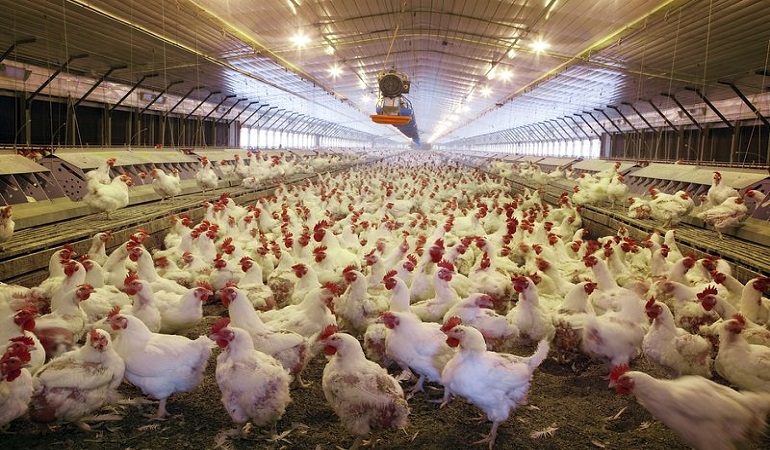In the vast landscapes of animal farms, where livestock grazes and chickens roam free, a critical issue often goes unnoticed – waste management. Yes, every day these farms generate massive amounts of waste, from manure to leftover feed, creating an environmental challenge that cannot be ignored. But fear not, for the concept of sustainable waste management has taken root in the heart of animal farming. By implementing innovative solutions and harnessing the power of nature, farmers now strive to minimize waste, recycle resources, and create a harmonious coexistence between agriculture and the environment. In this article, we delve into the world of sustainable waste management in animal farming, exploring ingenious methods and visionary practices that are transforming the industry. Let us embark on this journey together, where waste finds new purpose and sustainability takes center stage.

1. Innovative Solutions for Sustainable Waste Management in Animal Farming: Harnessing Technology and Circular Economy Approaches

Innovative solutions for sustainable waste management in animal farming have become increasingly important as the need for environmentally friendly practices continues to grow. Technology plays a crucial role in transforming the way waste is managed in animal farming, offering efficient and effective solutions. Circular economy approaches also play a vital role in reducing waste and maximizing resource utilization. From advanced waste treatment systems to smart monitoring devices, technology enables farmers to track and manage waste more efficiently while minimizing its impact on the environment. By adopting these innovative solutions, animal farmers can contribute to a more sustainable and responsible farming industry.
2. Promoting Best Practices and Collaborative Efforts: Building a Sustainable Future for Animal Farming Waste Management

At the heart of our commitment to a sustainable future for animal farming waste management is the promotion of best practices and fostering collaborative efforts. By sharing knowledge and experiences, we aim to revolutionize waste management in the industry, minimizing its environmental impact while maximizing resource potential.
Through research, innovation, and education, we strive for continuous improvement in waste management methods. Our initiatives include:
- Implementing efficient waste treatment technologies: We explore and adopt advanced technologies for treating and utilizing animal farm waste, turning it into valuable resources.
- Encouraging sustainable practices: We provide guidelines and support to animal farmers, promoting eco-friendly practices in waste management, such as composting, biogas production, and safe disposal methods.
- Facilitating collaboration: We actively bring together stakeholders, including farmers, researchers, policymakers, and environmental organizations, to foster collaboration, knowledge sharing, and the development of innovative solutions.
- Advocating for policy changes: We engage with policymakers to promote regulations and incentives that incentivize sustainable waste management practices and ensure the well-being of both the environment and animal farming industry.
By working together, we can build a sustainable future for animal farming waste management, benefitting the environment, farmers, and the community at large.
In Retrospect about Sustainable Waste Management in Animal Farming.
In conclusion, sustainable waste management in animal farming holds the key to a harmonious coexistence between agricultural practices and the environment. By adopting innovative approaches and promoting efficient use of resources, farmers can significantly reduce the negative impacts of waste on ecosystems and human health. Embracing technologies like anaerobic digestion and composting, farmers can transform waste into valuable resources, closing the loop and promoting a circular economy. Additionally, effective regulations and policies, coupled with education and awareness campaigns, can create a cultural shift towards more responsible and sustainable practices. As we strive towards a greener future, let us remember that the choices we make today will determine the world we leave for future generations. With sustainable waste management, animal farming can not only meet the demand for food but also become a pillar of environmental conservation. Together, let us forge a path towards a more sustainable and prosperous future.
